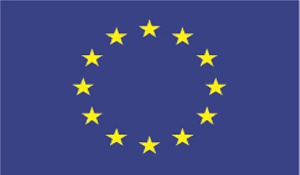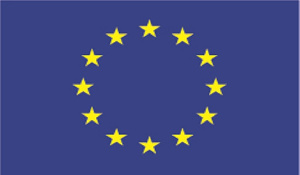
Much of the 750B Euro will go to Italy and Spain, and EU nations worst affected by the pandemic
BRUSSELS, May 28 (NNN-AGENCIES) — The European Union’s executive unveiled a 750 billion euro plan on Wednesday to prop up economies hammered by the coronavirus crisis, hoping to end months of squabbling over how to fund a recovery that has exposed faultlines across the 27-nation bloc.
Under the proposal, which could still be blocked by more frugal northern nations, the European Commission would borrow the funds from the market and then disburse two-thirds in grants and the rest in loans to cushion the unprecedented slump expected this year due to the coronavirus lockdowns.
Much of the money will go to Italy and Spain, the EU nations worst affected by the pandemic.
EU leaders agree that, if they fail to rescue economies now in freefall, they risk something worse than their divisive debt crisis of a decade ago, which fanned euroscepticism and threatened to pull the eurozone apart.
But fiscally conservative northern countries have resisted pressure from a “Club Med” group to take on mutual debt to protect the EU’s single market of 450 million people from being splintered by divergent economic growth and wealth levels.
“We either all go it alone, leaving countries, regions and people behind and accepting a union of haves and have-nots, or we walk that road together…,” said European Commission President Ursula von der Leyen.
The euro EUR= rose as she laid out in the European Parliament details of the Commission’s plan, entitled “Europe’s Moment: Repair and Prepare for the Next Generation”.
The plan aims, among other things, to fulfil the Commission’s pledge to slash EU carbon emissions from more than 4 billion euros each year now to “net zero” in 2050.
The grants, although controversial, are needed because Italy, Spain, Greece, France and Portugal already have high debt and rely heavily on tourism, which was halted by the pandemic.
The recovery fund package comes in addition to the EU’s long-term budget for 2021-27, which the Commission proposed should be set at 1.100 trillion euros.
“In total, this European Recovery Plan will put 1.85 trillion euros to help kick-start our economy and ensure Europe bounces forward,” the Commission said in its plan.
The 500 billion euros in grants is in line with the wishes of the EU’s two biggest economies, France and Germany, which came up with a grants-only proposal last week.
France, Germany, Italy and others welcomed the Commission plan.
“We must move quickly and adopt an ambitious agreement with all our European partners,” tweeted French President Emmanuel Macron.
The more frugal nations would rather see the recovery package comprise only loans, and the Netherlands – among the most resistant to mutualised debt and grants – responded cautiously to the proposals.
“The positions are far apart… So negotiations will take time,” said a Dutch diplomat. “It’s difficult to imagine this proposal will be the end-state of those negotiations.”
The plan has to be approved by all 27 member states and the European Parliament.
The borrowing will ultimately have to be repaid, meaning higher national contributions to the EU budget in the future or new taxes assigned to the bloc.
The Commission proposed new revenues in the form of a tax on plastics, some money from the CO2 emissions trading scheme, a digital services tax, a part of national corporate taxes and an import levy on goods produced in countries with lower CO2 emissions standards than the EU.
It also proposed the EU budget should get a bigger share of the Value Added Tax paid by governments to the EU. — NNN-AGENCIES





